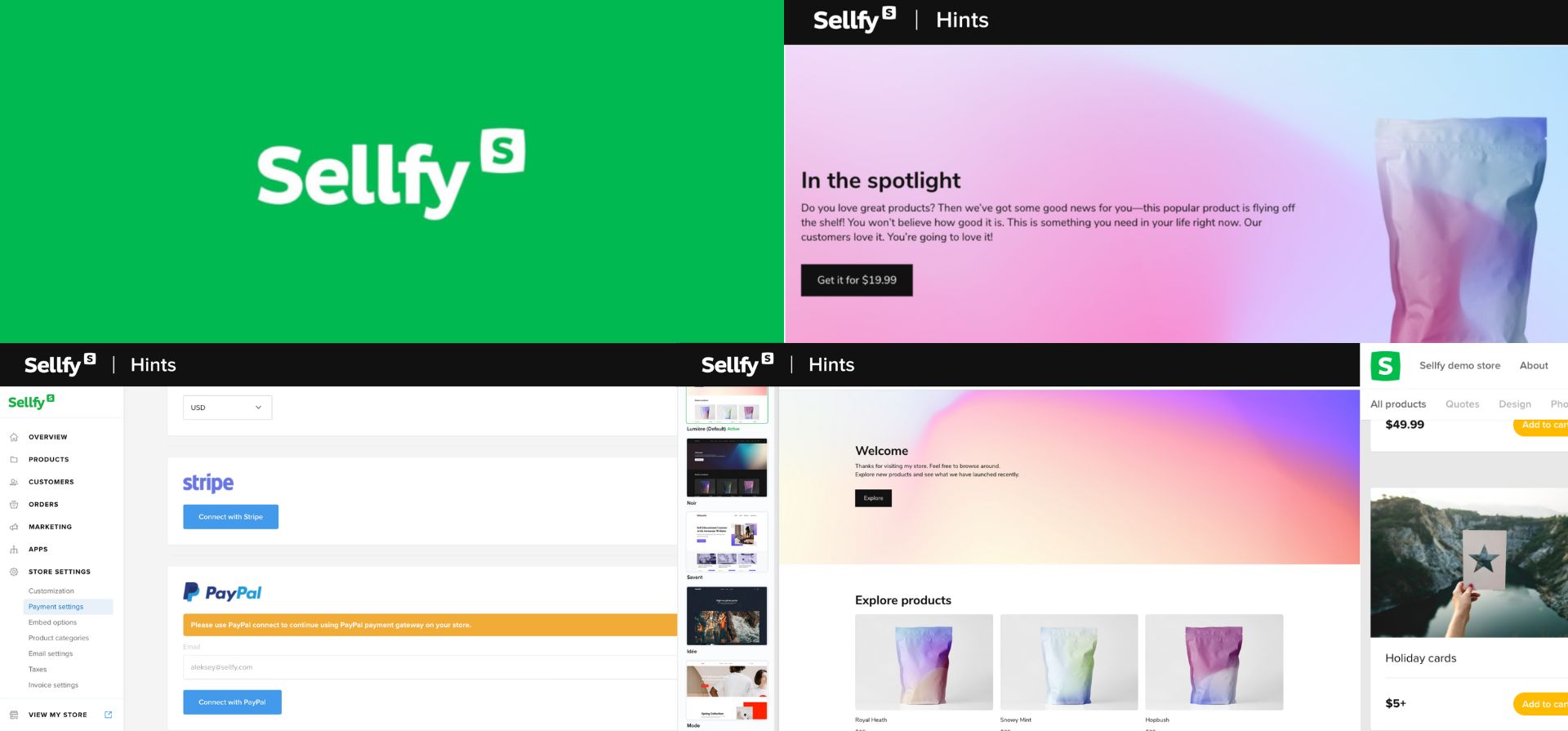In the fast-evolving world of online selling, choosing the right ecommerce platform is crucial for success. Whether you're a small business owner, a dropshipper, or an established brand, the right platform can streamline operations, increase sales, and provide a seamless shopping experience for customers.
What is an Ecommerce Platform?
An ecommerce platform is a software solution that enables businesses to create and manage online stores. It offers tools for inventory management, order processing, payment integration, and marketing.
How to Choose the Best Ecommerce Platform?
When selecting an ecommerce platform, consider the following factors:
-
Ease of Use – Is it beginner-friendly or requires technical skills?
-
Pricing & Fees – What are the monthly costs and transaction fees?
-
Customization & Scalability – Can it grow with your business?
-
Payment Gateway Support – Does it accept multiple payment methods?
-
SEO & Marketing Features – Can it help improve visibility and sales?
-
Mobile-Friendliness – Does it provide a great shopping experience on mobile devices?
Top 10 Best Ecommerce Platforms in 2025
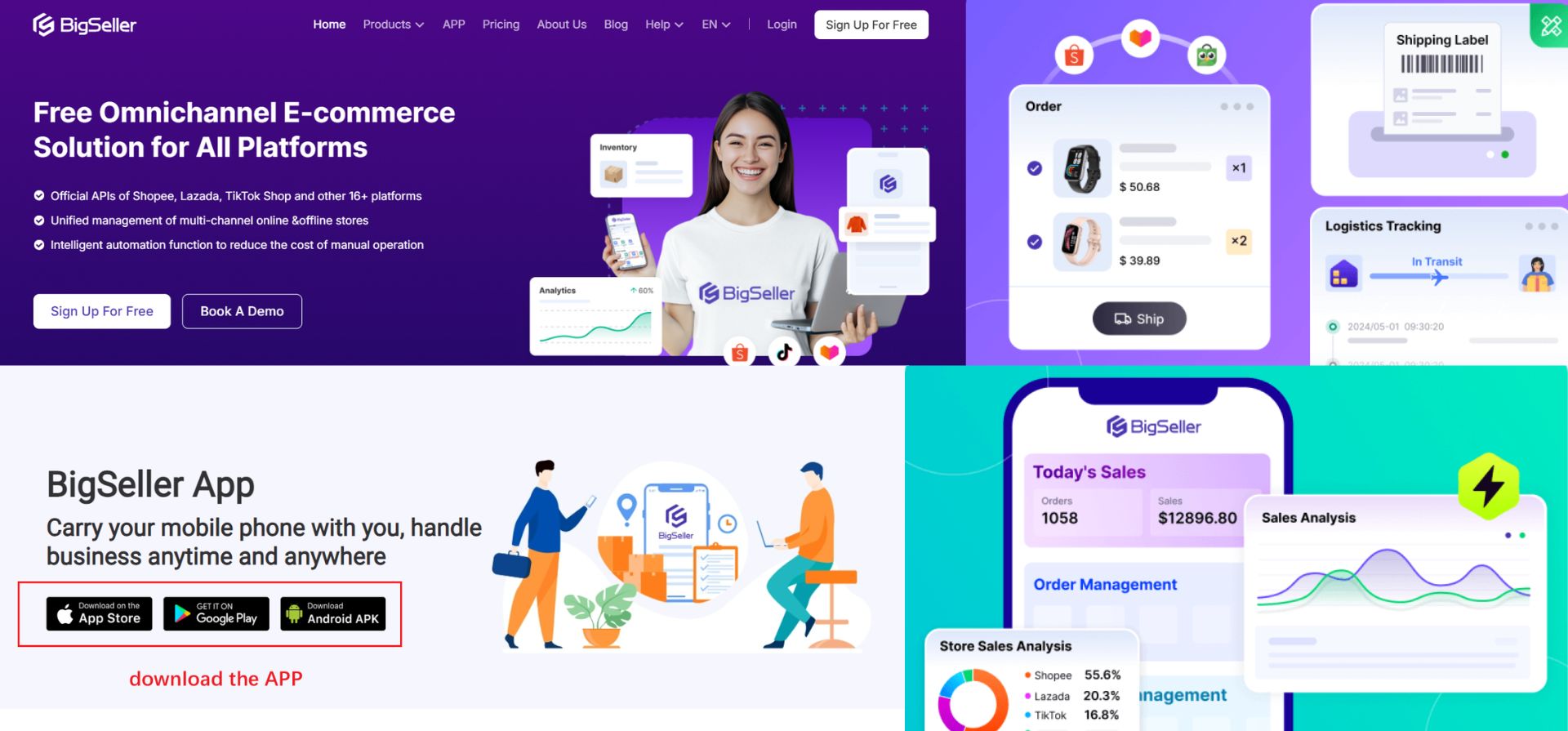
-
Comprehensive tools for inventory, order, and warehouse management.
-
Affordable pricing with excellent customer support.
-
User-friendly interface with powerful automation features.
-
Ideal for small businesses and growing enterprises.
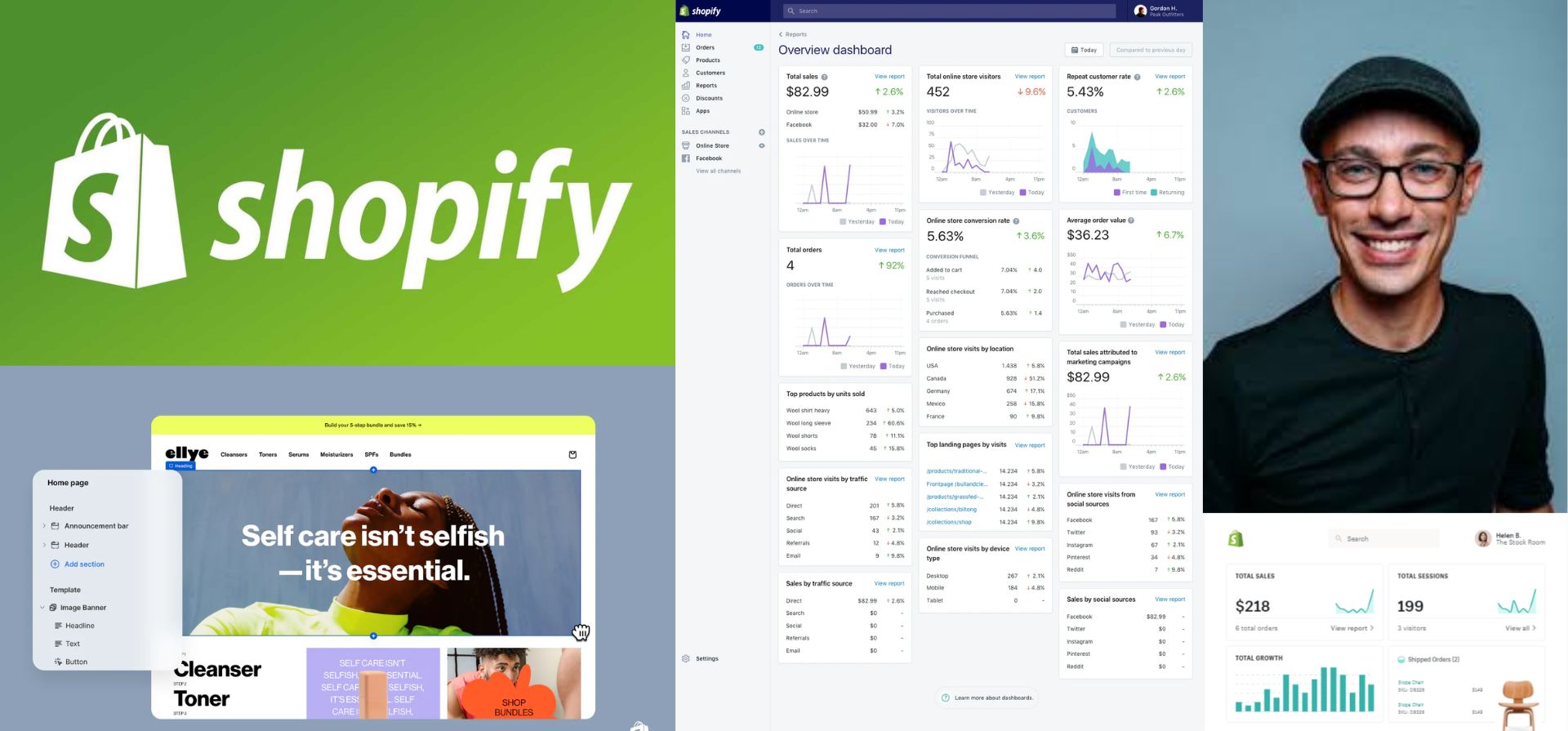
-
User-friendly interface with drag-and-drop features.
-
Thousands of apps for customization.
-
Powerful SEO and marketing tools.
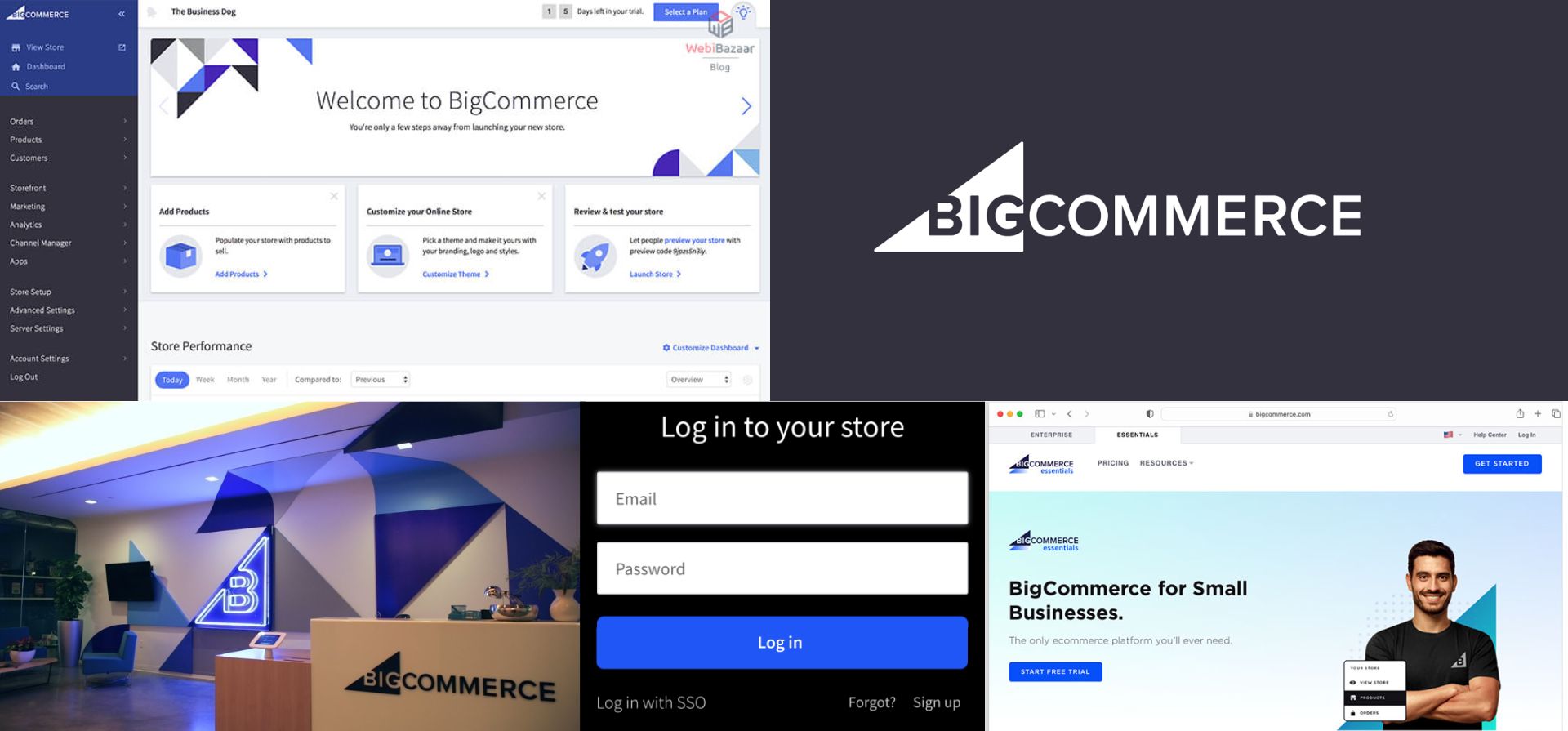
-
Great for large businesses and high-volume sellers.
-
No additional transaction fees.
-
Advanced SEO capabilities.
4. WooCommerce – Best for WordPress Users
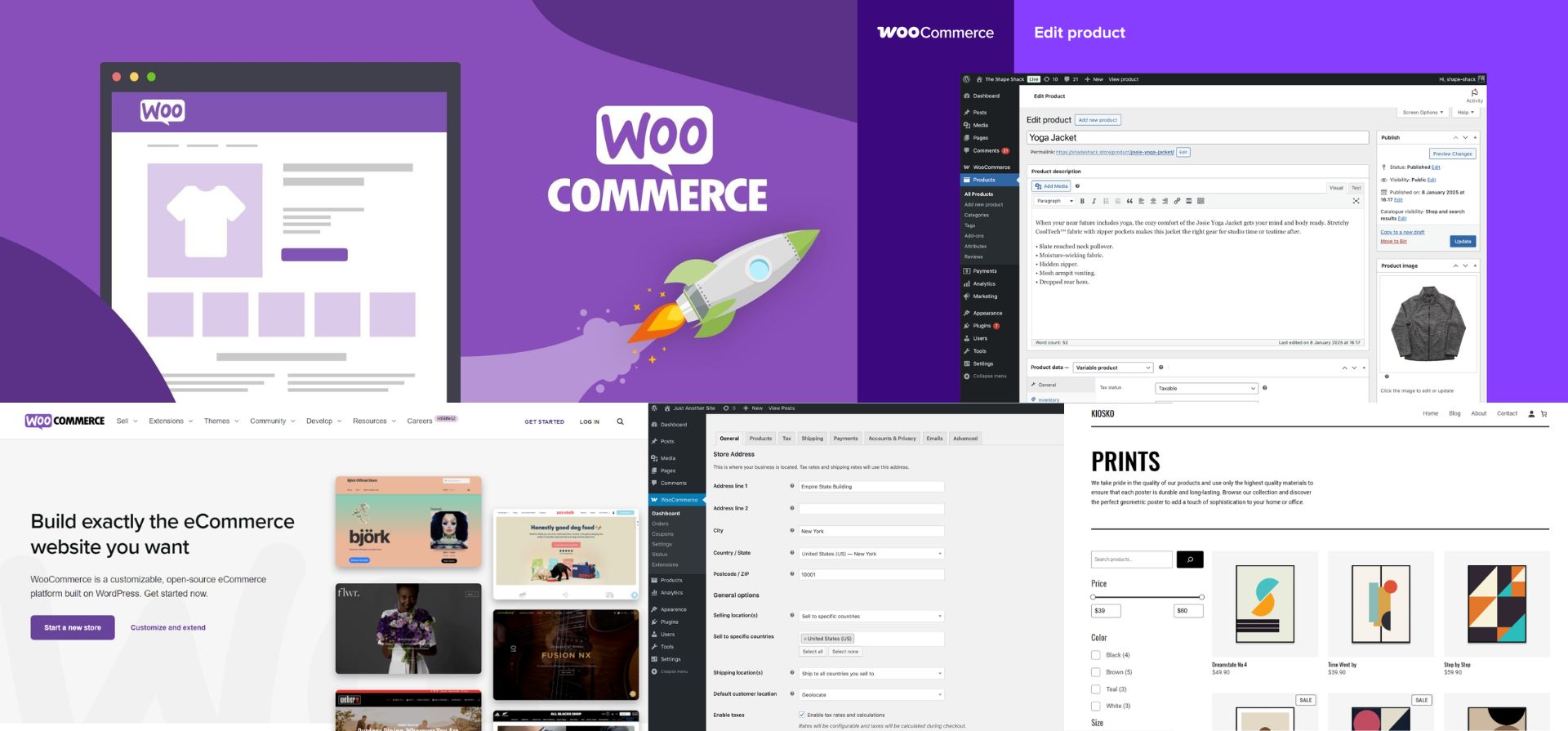
-
Free and highly customizable.
-
Ideal for bloggers and content-focused stores.
-
Requires WordPress knowledge.
5. Wix eCommerce – Best for Beginners
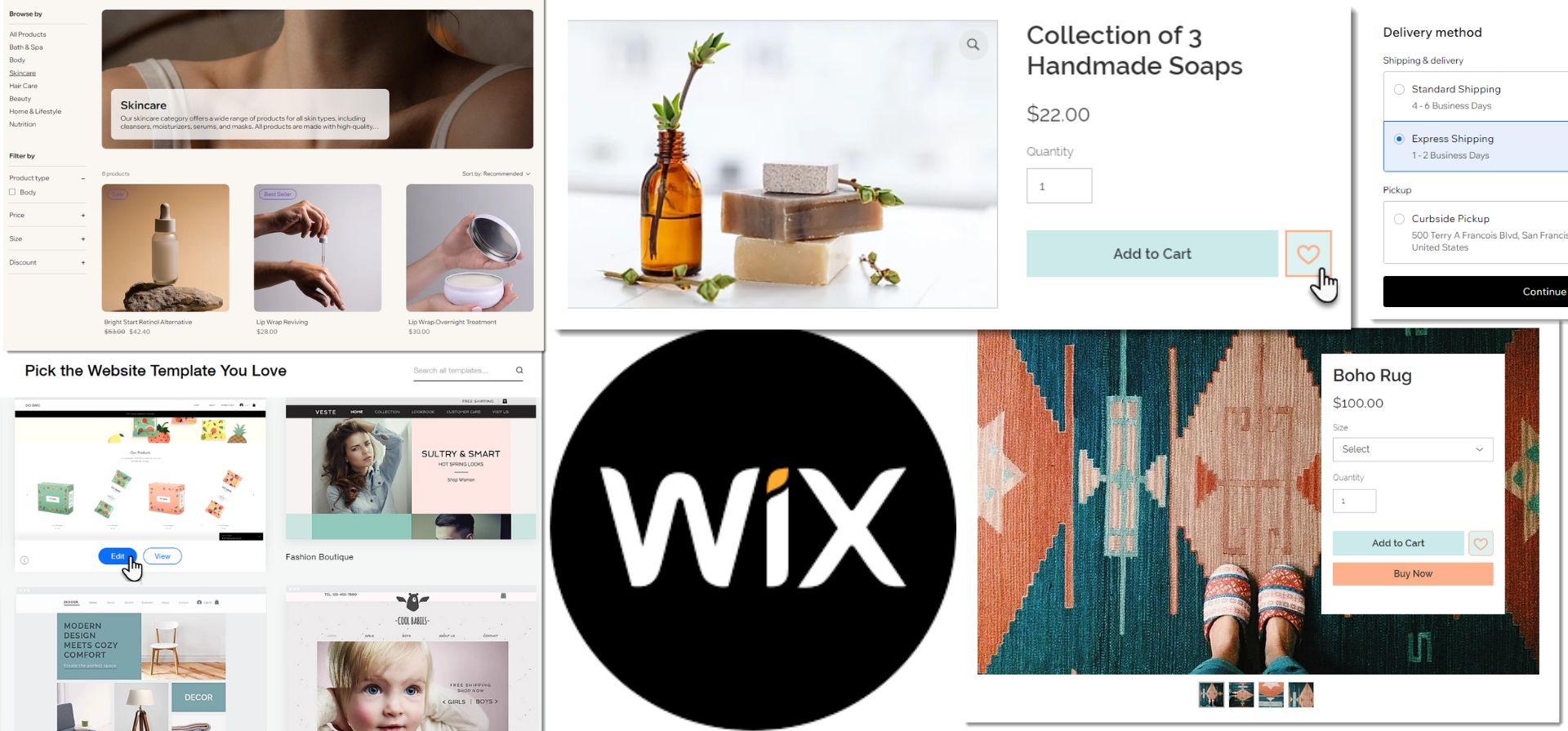
-
Easy-to-use website builder with beautiful templates.
-
Affordable pricing for small businesses.
-
Limited scalability for large stores.

-
Highly customizable and feature-rich.
-
Suitable for businesses with development resources.
-
Requires technical expertise to set up and maintain.
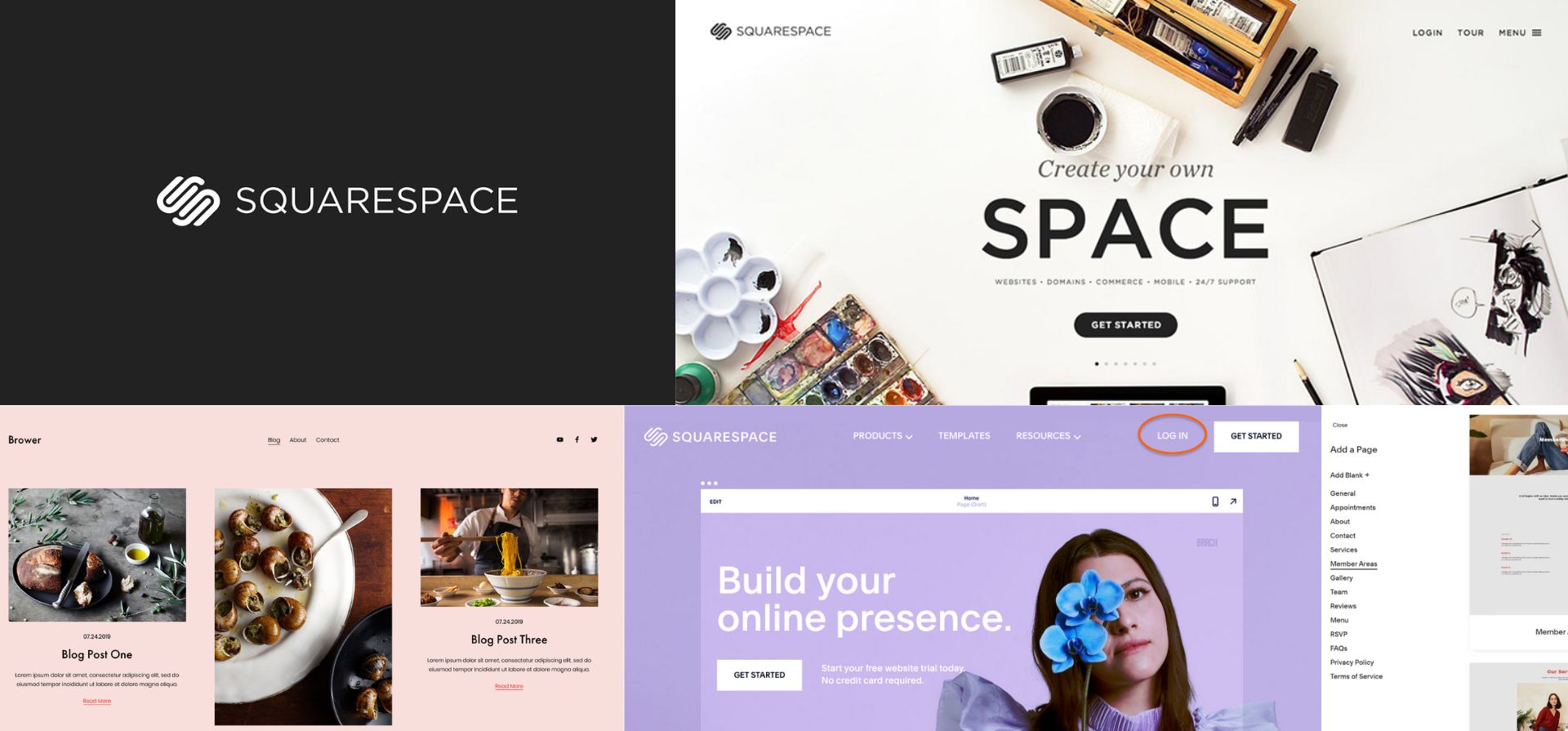
-
Stunning design templates.
-
Good for small businesses and creatives.
-
Limited ecommerce features compared to Shopify or BigCommerce.
-
Perfect for selling eBooks, courses, and digital downloads.
-
Simple, no-fuss setup.
-
Limited features for physical product sellers.
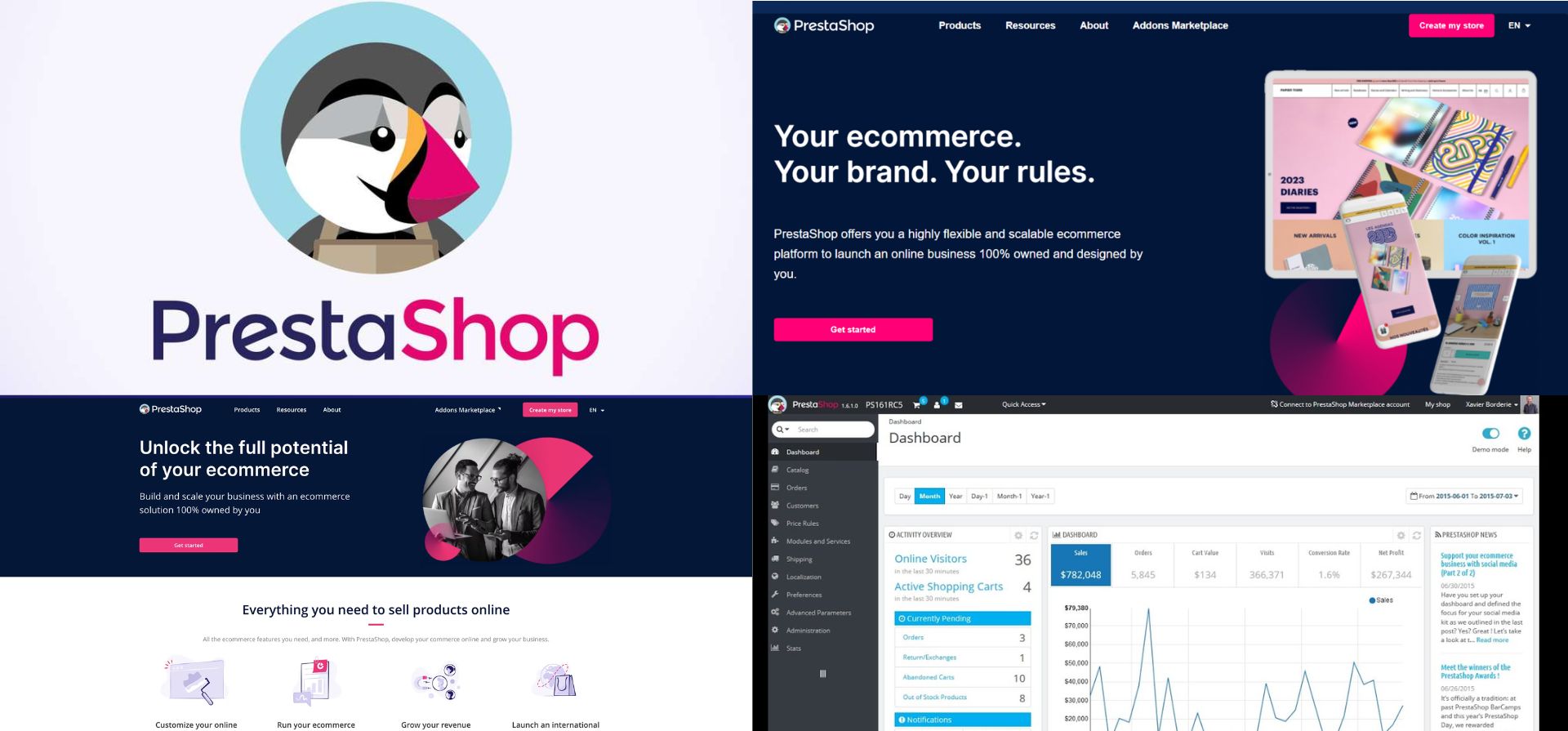
-
Free to use with strong community support.
-
High level of customization.
-
Requires technical knowledge for setup and maintenance.
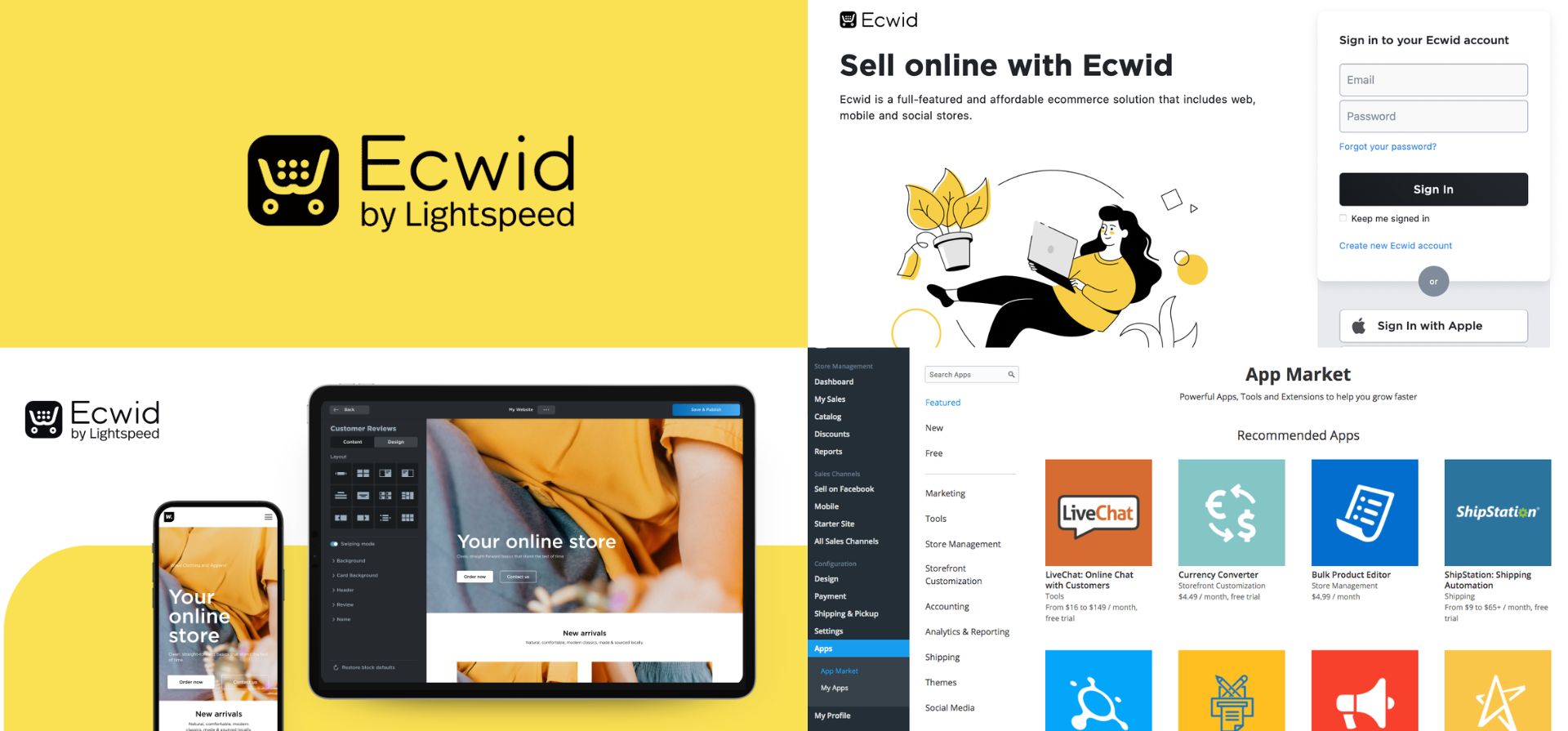
-
Easily integrates with existing websites.
-
Sell across multiple platforms, including social media.
-
Limited design flexibility.
Which E-commerce Platform is Best for You?
-
Beginners & Small Businesses – BigSeller, Shopify, Wix, Squarespace
-
Scalability & Growth – BigCommerce, Magento
-
Customization & Flexibility – WooCommerce, PrestaShop
-
Digital Products – Sellfy
-
Multi-Channel Selling – Ecwid
Final Thoughts
Finding the best ecommerce platform depends on your business needs, budget, and technical expertise. BigSeller stands out as the top choice due to its affordability, automation features, and ease of use. However, platforms like Shopify and BigCommerce offer great alternatives depending on your business model.

